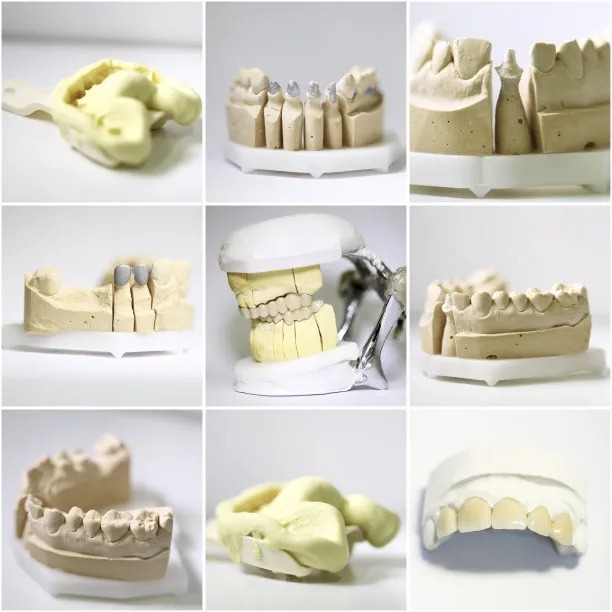Essential Precautions to Consider Before Getting Dental Fillings for a Healthier Smile and Long-lasting Results
Summary: Dental fillings are a common solution for cavities and tooth decay, but essential precautions should be taken before proceeding with the treatment. This article outlines four key areas to consider, including understanding the filling materials, the importance of choosing a qualified dentist, price considerations and insurance coverage, and the need for proper post-treatment care. By taking these precautions, patients can ensure a healthier smile and achieve long-lasting results from their dental fillings.
1. Understanding Filling Materials for Durability

One of the most critical factors to consider before getting dental fillings is the type of material used. Different materials are available, including amalgam, composite, glass ionomer, and resin. Each type has its unique properties, advantages, and disadvantages. For example, amalgam fillings are known for their durability and strength, making them ideal for back teeth, while composite fillings offer a more aesthetic option suitable for front teeth.
Knowing the right filling material can significantly impact the longevity of the filling. Discussing with your dentist about the pros and cons of each material will help you understand which option complements your dental needs best. For individuals with allergies or sensitivities, this is an important conversation, as certain materials may cause adverse reactions.
Additionally, the choice of filling material can influence how well it blends with your natural teeth. A comprehensive understanding of these materials ensures that you select the best option for both aesthetic appeal and functional durability in the long run.
2. Importance of Choosing a Qualified Dentist
Your dentists qualifications and experience play a significant role in the success of dental fillings. A skilled dentist will not only perform the procedure effectively but also provide valuable advice on aftercare and preventive measures for future dental issues. It’s essential to research their credentials and look for reviews or testimonials from previous patients.
Moreover, communication with your dentist is crucial before the procedure. A good dentist will take the time to discuss your concerns, outline the procedure, and address any questions you may have. This transparency helps establish trust and will likely lead to a more positive experience overall.
Regular follow-up sessions should also be part of your treatment plan, ensuring the fillings continue to perform effectively over time. A qualified dentist will prioritize your ongoing dental health and lead efforts towards preventive care, which is essential for a healthy smile.
3. Price Considerations and Insurance Coverage
Before undergoing dental fillings, understanding the costs involved is paramount. Dental treatments can vary significantly in price, depending on factors such as the filling material, complexity of the procedure, and your geographical location. Patients should ensure they have a budget in mind, but also be aware that the cheapest option may not always be the best regarding quality and durability.
Furthermore, it’s essential to check with your dental insurance provider regarding your coverage for fillings. Some plans may cover specific materials and procedures, while others may not. Knowing your benefits can alleviate financial stress and help you make informed decisions about your treatment options.
If you lack insurance, inquire about payment plans or financing options your dental clinic may offer. Many dental practices provide flexible payment arrangements that can make it easier for you to get the treatment you need without a significant financial burden.
4. Importance of Post-Treatment Care
After receiving dental fillings, proper post-treatment care is vital for ensuring longevity and effectiveness. This includes adhering to any dental hygiene instructions your dentist provides. Maintaining regular brushing and flossing routines can help prevent future cavities and protect your new fillings.
Additionally, be mindful of your diet in the days following the procedure. Avoid hard, sticky, or extremely hot foods, as they can jeopardize the integrity of a freshly placed filling. It is important to allow the area to heal properly before returning to your regular eating habits.
Lastly, regular dental check-ups will enable your dentist to monitor the condition of your fillings and address any potential issues early on. By being proactive about your dental health, youll ensure that your fillings last as long as possible, contributing to a healthier smile overall.
Summary:
In conclusion, while dental fillings are an effective solution for tooth decay, being informed about essential precautions is of utmost importance. Understanding the filling materials, choosing a qualified dentist, considering price and insurance coverage, and maintaining proper aftercare are all critical steps to ensure a successful outcome. By following these guidelines, patients can achieve a healthier smile with fillings that last.
This article is compiled by Vickong Dental and the content is for reference only.



